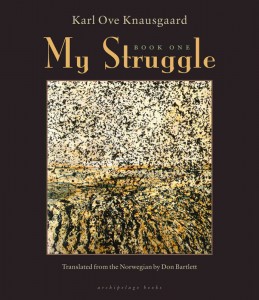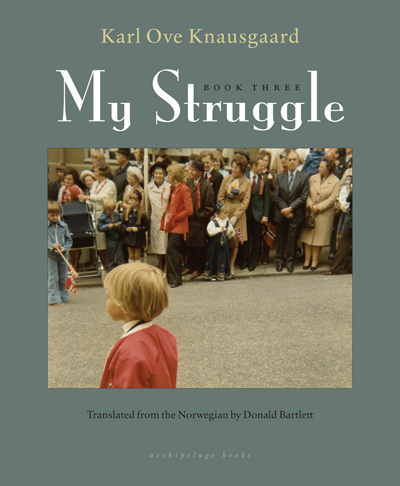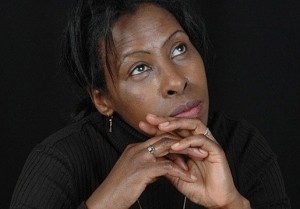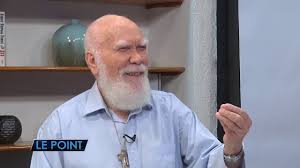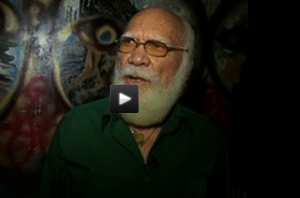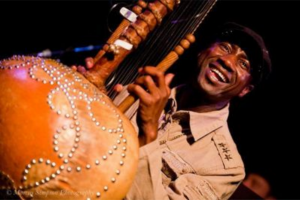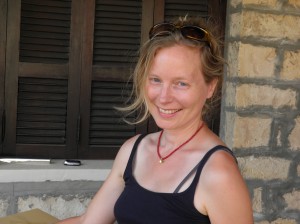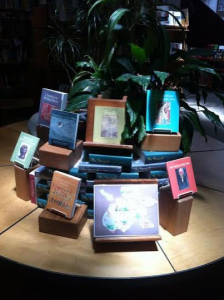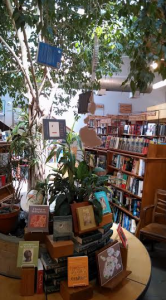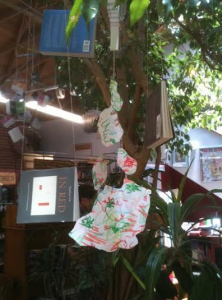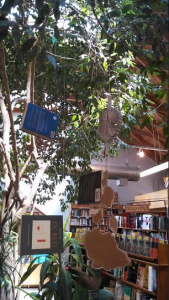We are delighted to announce that acclaimed author and activist Ngũgĩ wa Thiong’o will be the guest of honor at our 10th anniversary gala.
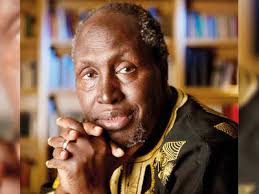
Ngũgĩ wa Thiong’o is a novelist, essayist, playwright, journalist, editor, educator, and social activist, whose work has deeply influenced African literature, international letters, and the world at large. With unwavering dedication to destabilizing and dismantling systems of oppression, Ngũgĩ has spent his life challenging both the dictatorial political regime of his native Kenya and the hierarchies found within language and literature themselves. Ngũgĩ was arrested and imprisoned without charge in 1977 for the production of his play Ngaahika Ndeenda (I Will Marry When I Want), a play that speaks out against the injustices found in Kenyan society. Amnesty International named him a Prisoner of Conscience; one year later he was released and left Kenya.
Ngũgĩ renounced writing in English in July 1977 at the Nairobi launch of Petals of Blood, saying that he wished to express himself in a language that his mother and community could understand. He argues that a renaissance of African languages is a necessary step in the restoration of African wholeness. In Ngũgĩ’s groundbreaking novel A Grain of Wheat, the collective replaces the individual as the animating force of history. Moses Isegawa called Ngũgĩ’s novel Petals of Blood “the definitive African book of the 20th century.” Ngũgĩ’s celebrated works include the Weep Not Child, The River Between, Devil on the Cross, Matigari, The Wizard of the Crow, Detained: A Writer’s Prison Diary, Dreams in a Time of War: a Childhood Memoir, the play The Black Hermit, and the collections of literary essays Homecoming, Writers in Politics, Decolonising the Mind, Moving the Center, and Penpoints, Gunpoints, and Dreams. Ngũgĩ is committed to embracing the vital languages of all cultures and celebrates translation as a means of cross-cultural understanding. He has devoted his life to speaking out for human dignity and justice through both his actions and his writings.
Ngũgĩ wa Thiong’o is the author of more than twenty books and plays that have been translated into over thirty languages. A professor of English and Comparative Literature, Ngugi taught at Yale University, New York University, and currently teaches at the University of California Irvine. He holds seven honorary doctorates: D Litt (Albright), PhD (Roskilde), D Litt (Leeds), D Litt & PhD (Walter Sisulu University), PhD (Carlstate), D Litt (Dillard), and D Litt (Auckland University).
Ngũgĩ wa Thiong’o has changed the face of world literature. It will be a great joy and privilege to recognize his achievements at Archipelago’s 10th year anniversary gala. We invite you to join us in honoring him.


